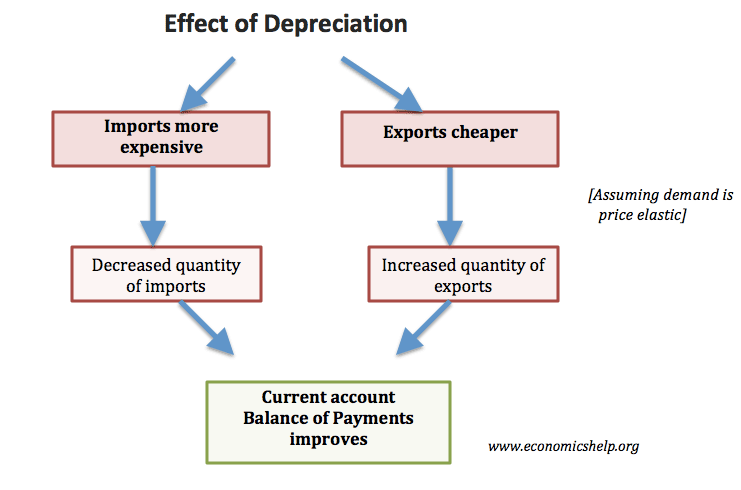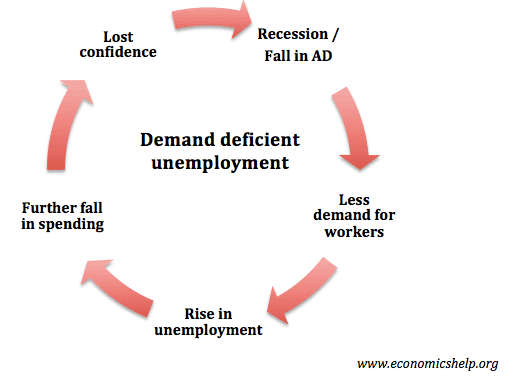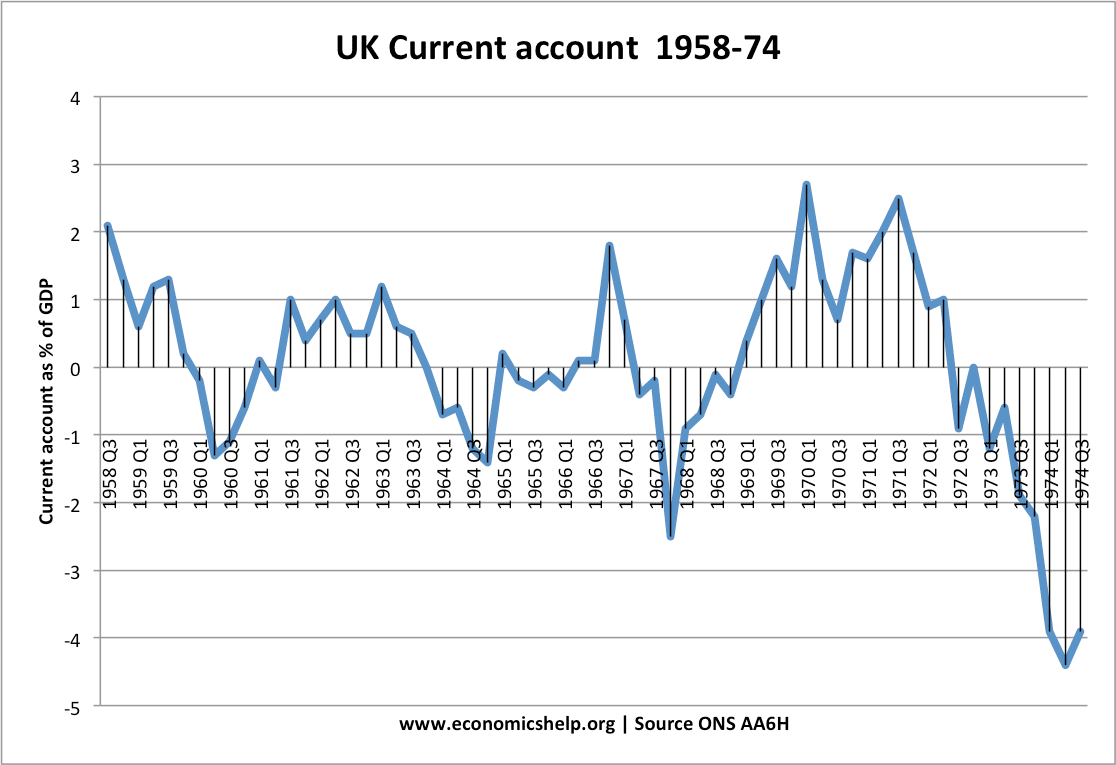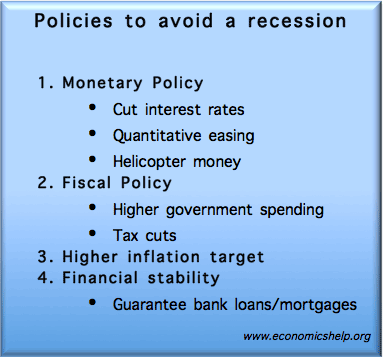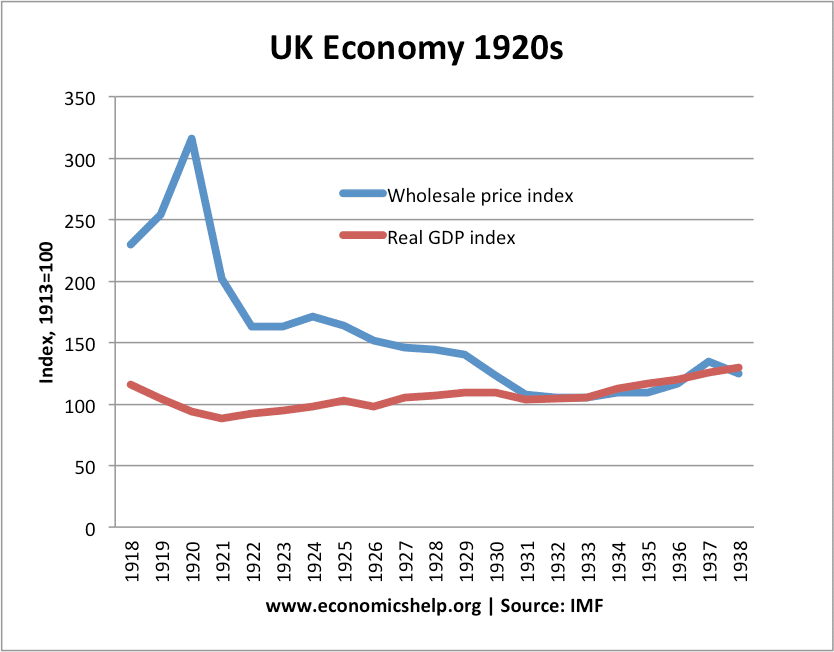Exchange Rate and Current Account
Readers Question: Can you please discuss the nature of the current account deficit and the exchange rate in the UK along with the theory that would suggest there is a relationship between the exchange rate and the current account. A current account deficit implies the value of imports of (goods/services/investment incomes) is greater than the …

